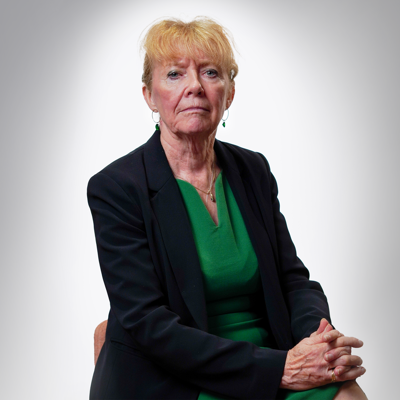UK Supreme Court ruling to change evidence rules in Scottish sexual offence cases
A landmark UK Supreme Court judgment issued today, Wednesday, 12 November, goes to the heart of the right to a fair trial, requiring a significant change in how Scottish courts handle certain types of evidence in sexual offence cases, the Law Society of Scotland has said.
A five-judge bench of the UK’s highest court has today handed down its judgment in relation to two men convicted of sexual offences. The Law Society and the Faculty of Advocates had intervened to highlight growing concerns over how certain evidence is being handled in sexual offences cases in Scotland.
The Society had warned that the decision of the Scottish courts to tighten rules on admissibility of evidence meant that a carefully designed statutory scheme, designed by the UK and Scottish Parliaments to protect complainers while also guaranteeing a fair trial for those accused, was being sidelined.
While the appeals themselves were dismissed, the Supreme Court made a major finding that the approach excluding relevant evidence is in breach of the right to a fair trial under Article 6 of the European Convention on Human Rights. Scotland’s courts will now have to change their approach in these cases.
Patricia Thom, President of the Law Society of Scotland, said: “This is a profoundly important judgment and one that goes to the very core of the right to a fair trial. It will clearly require a change in how Scottish courts handle certain types of evidence in sexual offence cases.
“Like many jurisdictions around the world, Scotland has worked hard to ensure that complainers are protected from unjustified intrusive questioning, while also upholding the accused’s right to present a full and proper defence. That balance was carefully set out in legislation passed by the UK and Scottish Parliaments and approved by both our highest courts and the European Court of Human Rights.
“Yet, in recent years, many in the legal profession have become concerned that the approach in some cases did not reflect that intended by parliament resulting in accused persons being denied the right to present potentially relevant evidence at trial. The Supreme Court has found the concerns we expressed are justified. It has agreed that the current approach risks depriving accused persons of their right to a fair trial under the European Convention.
“It is now clear that Scottish courts will need to revise their approach in these cases and return to the system agreed by the UK and Scottish Parliaments, giving trial judges greater discretion to decide what questions may or may not be asked.
“Our decision to intervene in these cases was not taken lightly but the decision of the Court today demonstrates that we were right to do so, in the public interest. The fundamental right to a fair trial is one that must be cherished and protected. As the Supreme Court has reaffirmed, ‘no society governed by the rule of law can tolerate the conviction or punishment of the innocent.’”
The appeal judgments are available on the UK Supreme Court website:

